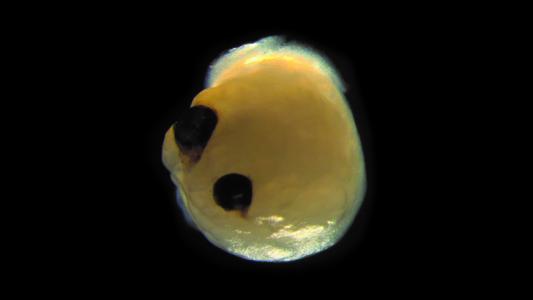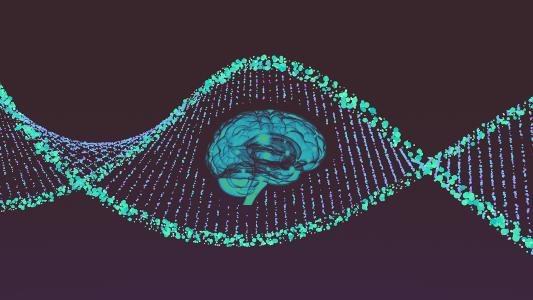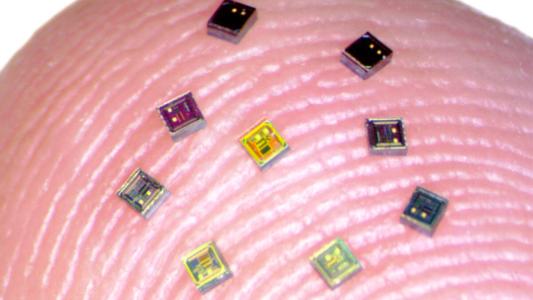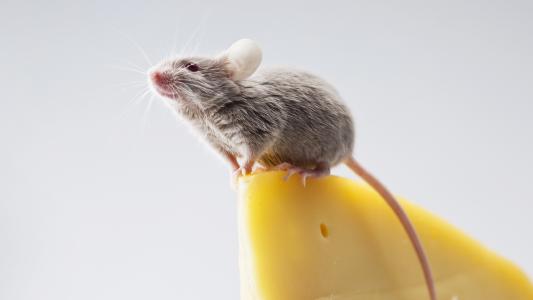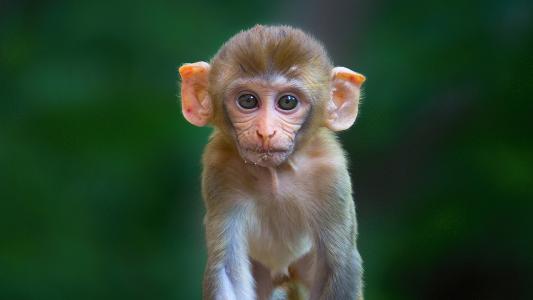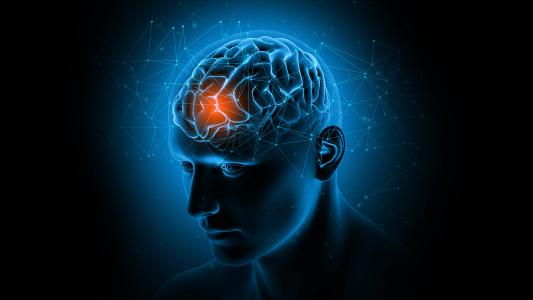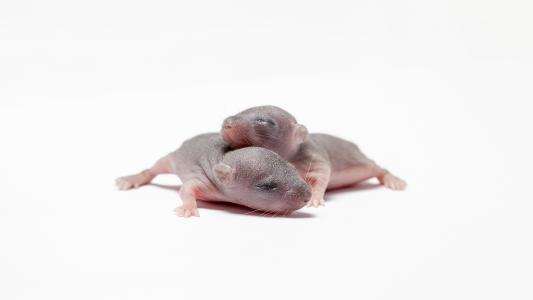Neuroscience
Here’s why sensory perception research was awarded a Nobel Prize
Physiologists David Julius and Ardem Patapoutian were awarded the Nobel Prize in Medicine for their research on human sensory perception.
Therapy can relieve chronic back pain by rewiring the brain
A psychological treatment for chronic back pain left two-thirds of study participants with little-to-no pain after just one month.
Mini brains grown in the lab sprout primitive “eyes”
Researchers have grown mini brains with light-sensitive eye structures that could lead to breakthrough treatments for vision disorders.
Brain-wide gene editing may one day treat Alzheimer’s
Researchers have developed a brain-wide gene editing technique that treated Alzheimer’s disease in mice.
Implantable “neurograins” may be the key to mind-controlled tech
A new kind of brain-computer interface uses tiny neural implants called “neurograins” to record brain activity in rats.
Hungry mice show why you should take study breaks
The spacing effect — a strange phenomenon by which you retain information more readily if you take study breaks — is now less of a mystery.
Already-approved ALS drug may help Alzheimer’s patients
A small phase 2 study has found evidence that ALS medication riluzole may have potential as a drug for Alzheimer’s.
First neuron-level map of a monkey brain revealed
The first neuron-level 3D image of an entire macaque monkey brain could have a major impact on the world of neuroscience.
Researchers have created a brain sensor swarm
Researchers at UC Santa Cruz have developed an injectable swarm of nanosenors they hope will measure the brain noninvasively.
Baby mice “dream” about the world before seeing it
Before the eyes of baby mice open, their brains appear to use retinal waves to prep their vision systems to detect objects and motion.


